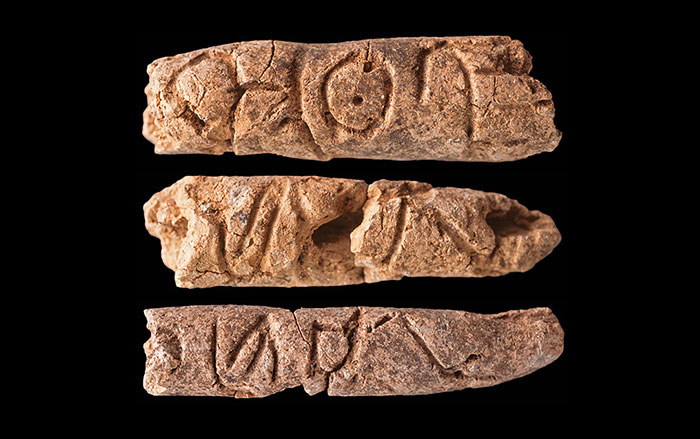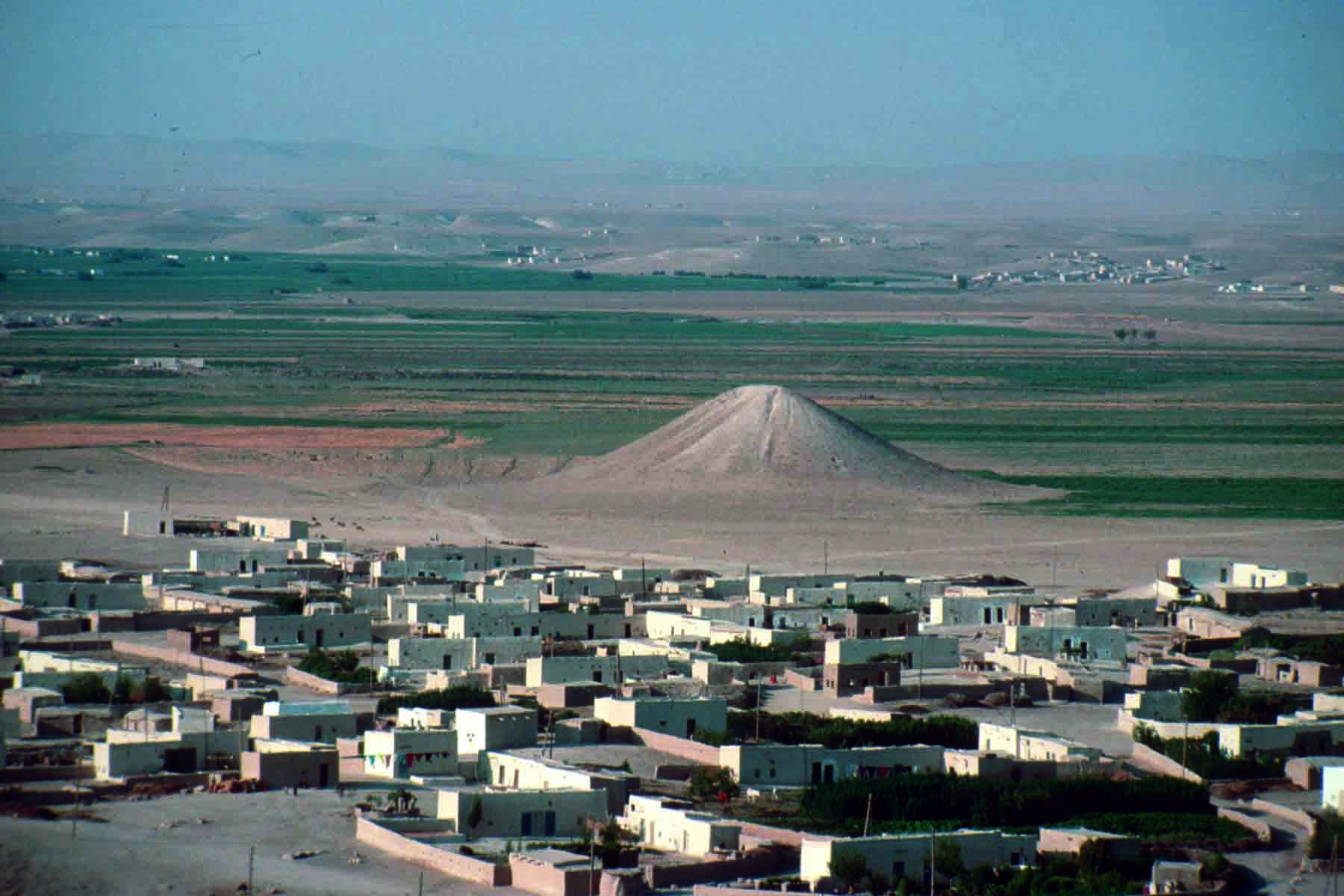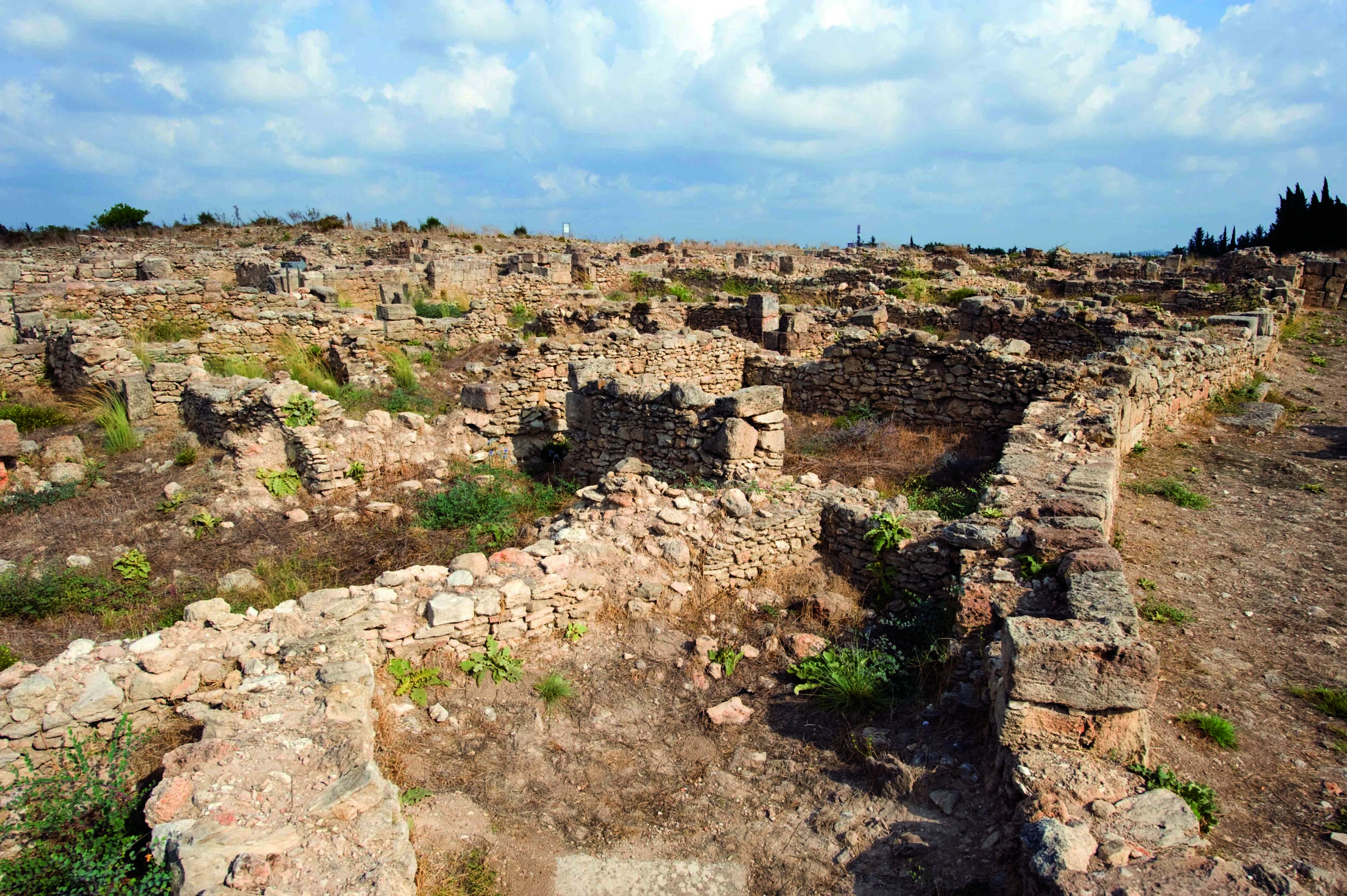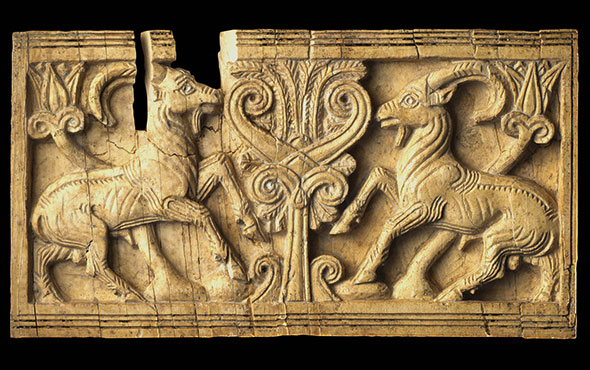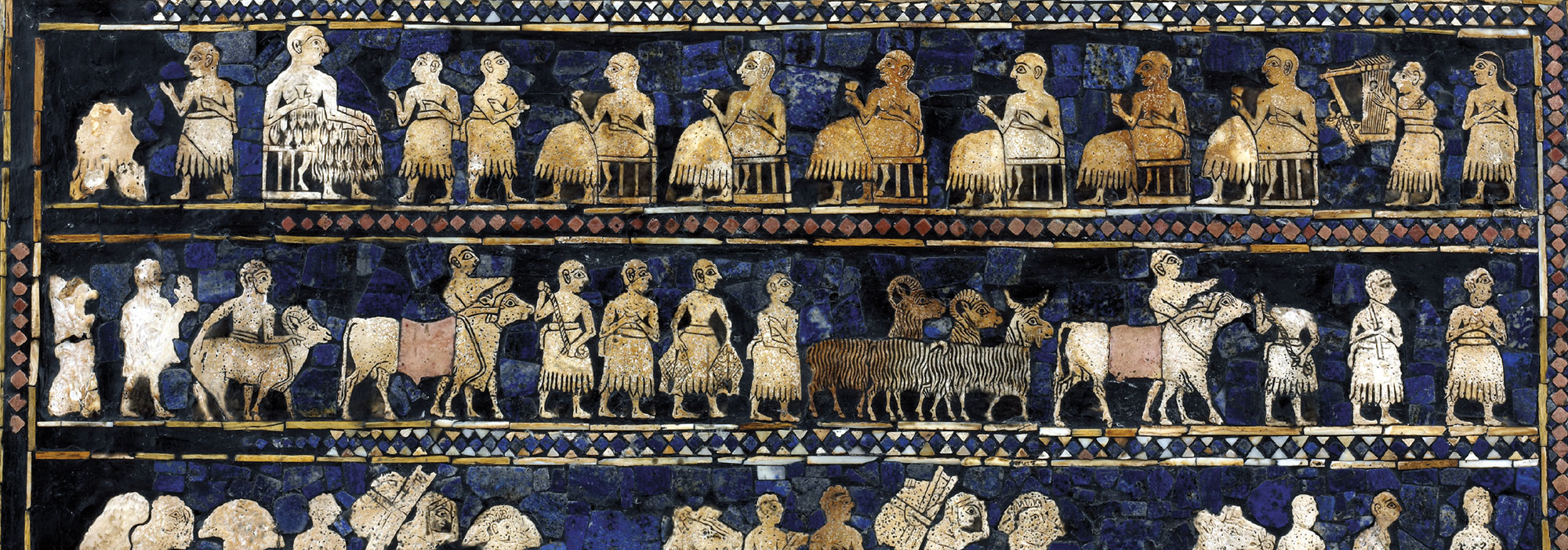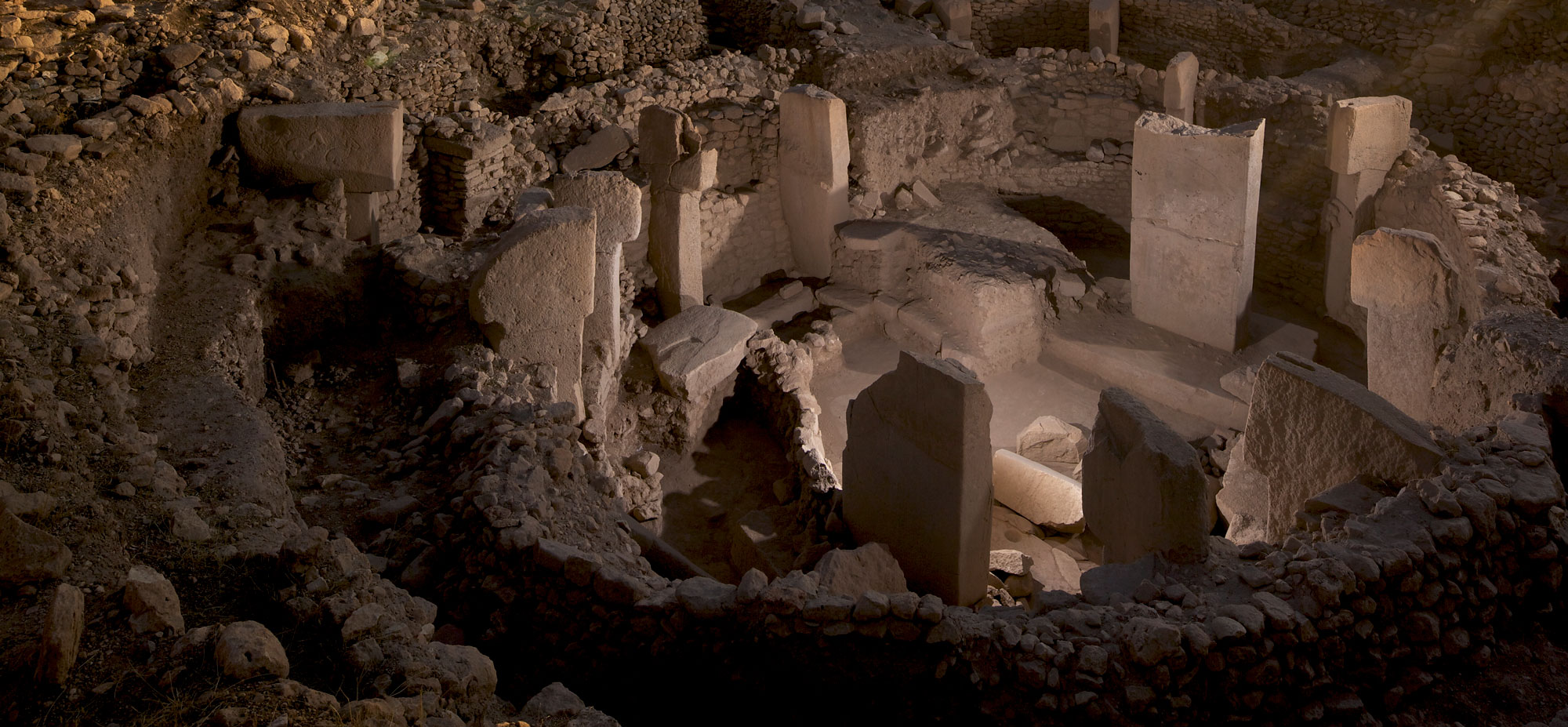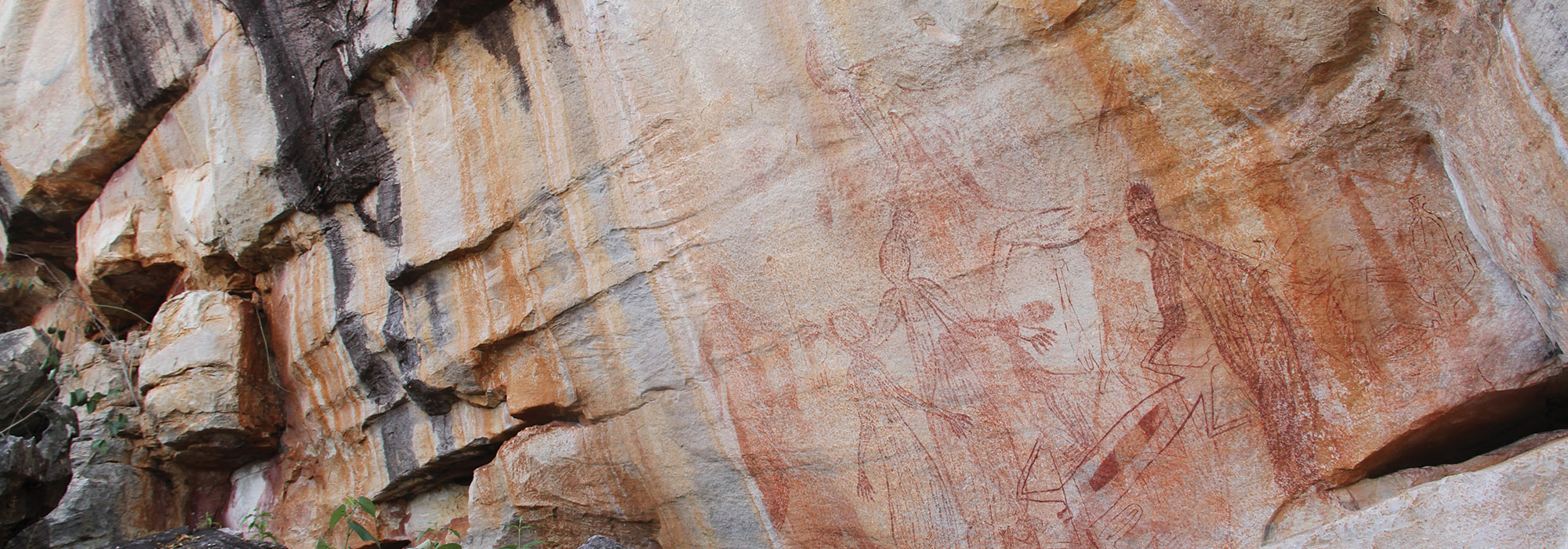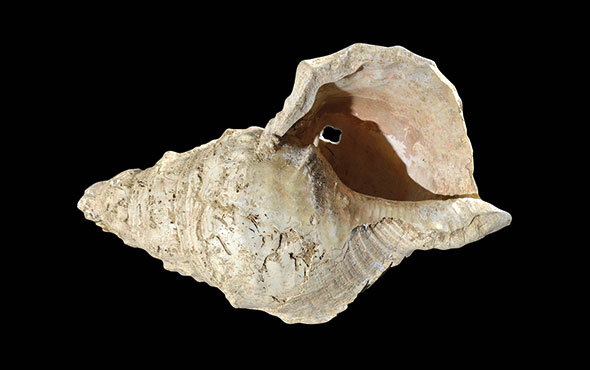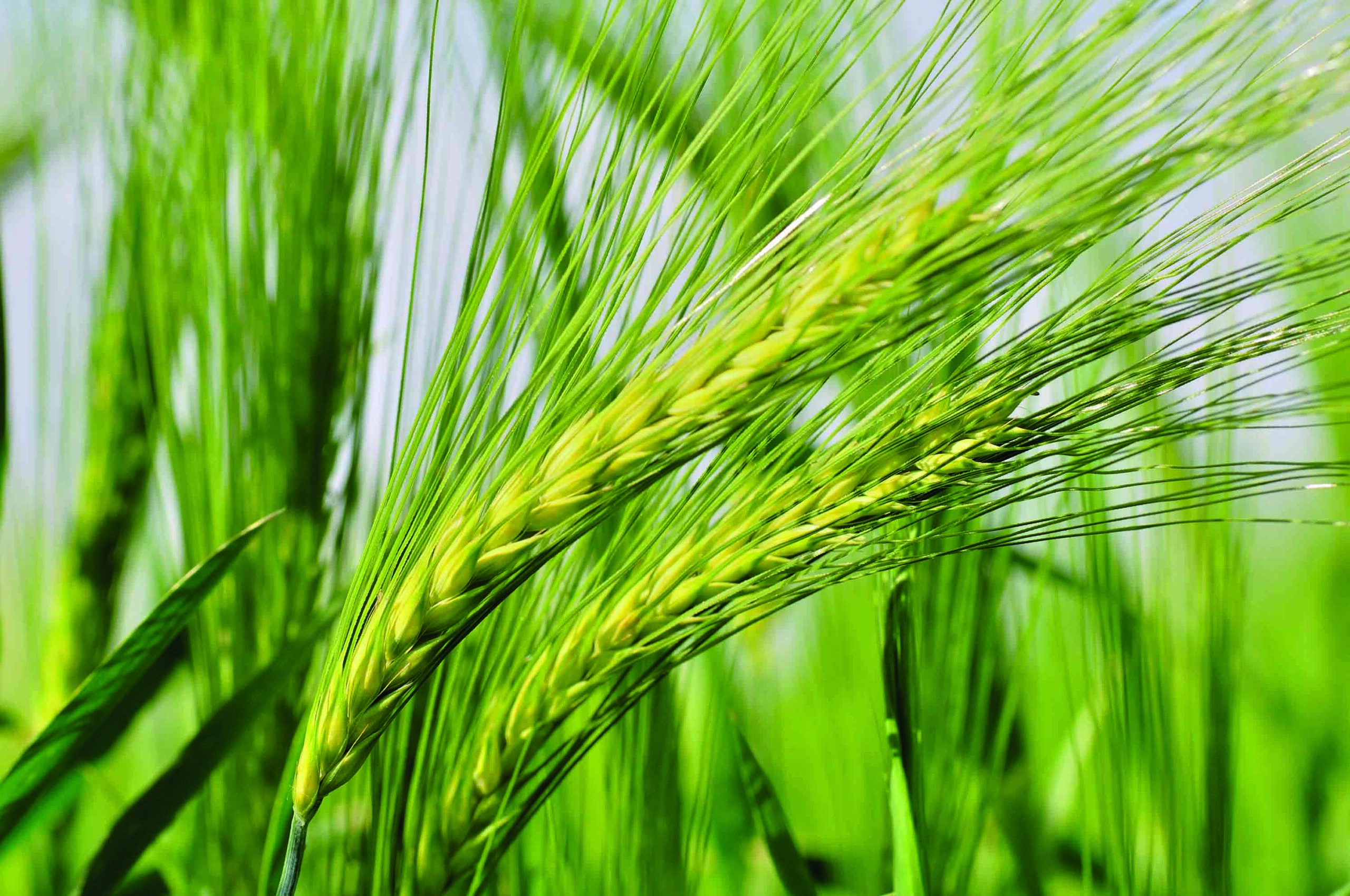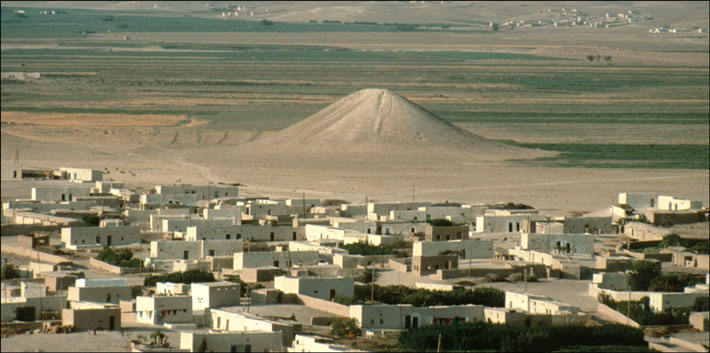
TORONTO, CANADA—Live Science reports that a pyramid-shaped mound of dirt and gypsum at Syria’s now-submerged site of Tell Banat contained the remains of at least 30 people who may have served in an organized military force. The 4,300-year-old mound was excavated between 1988 and 1999 by a team of researchers from the Euphrates Salvage Project before it was flooded by the construction of the Tishreen Dam. Descriptions of such monuments, which were made from the carefully stacked bodies of local people killed in battle or the bodies of enemies, have been found in Mesopotamia. Anne Porter of the University of Toronto said the fragmentary remains found at Tell Banat were taken from another place and carefully reinterred in the mound, which would have been highly visible on the landscape. The gypsum would have caused the monument to glisten in sunlight, Porter explained, and likely served as a war memorial. Those who were buried with the bones of kunga, a donkey-like animal shown pulling vehicles in ancient artworks, may have served as wagon drivers in the ancient army, while pellets buried near some of the human remains may have been fired from foot soldiers’ slings, she added. To read about a 4,000-year-old defensive network identified in northern Syria, go to "World Roundup: Syria."


